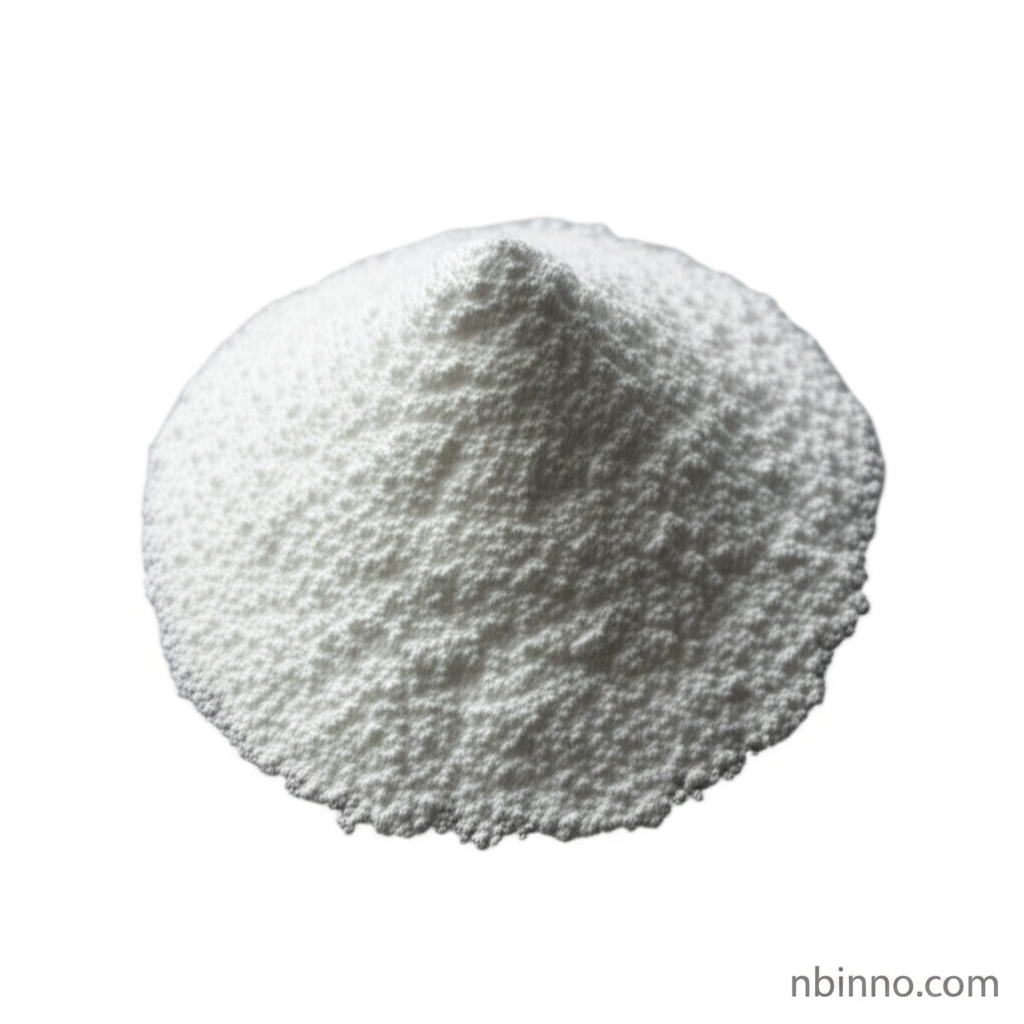Retatrutide: The Triple Agonist Peptide for Advanced Obesity and Diabetes Management
Discover the groundbreaking potential of Retatrutide, a novel peptide therapy revolutionizing obesity and type 2 diabetes treatment.
Get a Quote & SampleProduct Core Value

Retatrutide
Retatrutide is an investigational peptide therapy that acts as a triple agonist, targeting GIP, GLP-1, and glucagon receptors simultaneously. This unique mechanism offers a powerful approach to managing obesity and type 2 diabetes by influencing appetite, satiety, and metabolic rate.
- Explore the groundbreaking 'retatrutide triple agonist' mechanism for comprehensive metabolic control.
- Understand the potential of 'retatrutide weight loss results' in early clinical trials.
- Learn how 'retatrutide vs tirzepatide' compares in efficacy for metabolic disorders.
- Discover the detailed 'retatrutide mechanism of action' that sets it apart in therapeutic development.
Key Advantages
Advanced Triple Agonist Action
Retatrutide's ability to activate GIP, GLP-1, and glucagon receptors offers a multi-faceted approach to metabolic health, potentially leading to superior outcomes compared to dual or single agonists in 'retatrutide clinical trials'.
Significant Weight Loss Potential
Early research indicates remarkable 'retatrutide weight loss results', with participants achieving substantial reductions in body weight, positioning it as a leading candidate for obesity management.
Improved Metabolic Health
Beyond weight loss, Retatrutide shows promise in improving blood sugar control and other metabolic markers, making it a valuable therapeutic option for individuals with type 2 diabetes.
Key Applications
Obesity Management
Retatrutide is being developed as a potent treatment for obesity, addressing key factors that contribute to weight gain and metabolic dysfunction, as supported by 'retatrutide clinical trials'.
Type 2 Diabetes Treatment
Its ability to regulate blood sugar levels makes Retatrutide a promising candidate for the management of type 2 diabetes, offering a novel therapeutic avenue.
Metabolic Health Improvement
By influencing multiple hormonal pathways, Retatrutide contributes to overall metabolic health, impacting appetite, energy expenditure, and nutrient utilization.
Fatty Liver Disease Research
Emerging research suggests Retatrutide may also play a role in treating metabolic dysfunction-associated steatotic liver disease (MASLD), further highlighting its broad metabolic impact.
